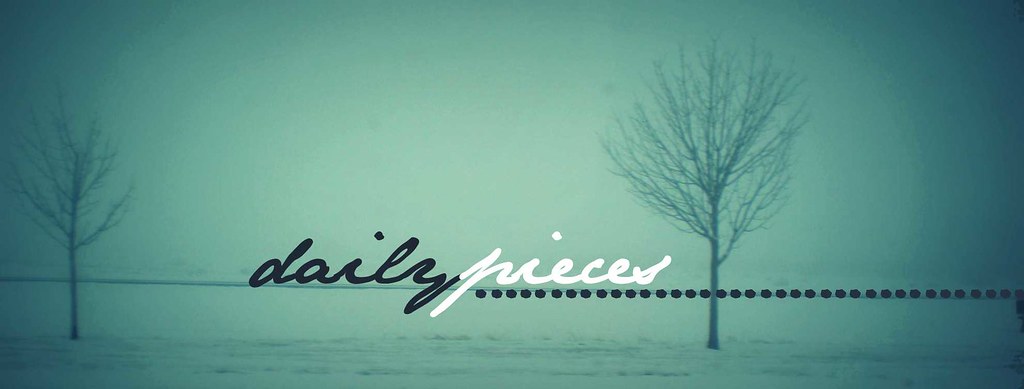existence.
He sat. Probably where he’d stayed for the last two hours—since the last body-turn by the nurses to prevent pressure ulcers. Blue curtains covered the window he faced. The heating unit blasted warm air toward his slightly reclined chair. Where he sat.
When I greeted him with a friendly “Good Morning, Sir”, I was quickly corrected by my preceptor that this person was, in fact, a female.
At first glance, I couldn’t tell. And actually, the second & third glances didn’t decipher much either. Her white hair had thinned in a male-balding pattern, leaving the peak of her forehead & top of her head entirely hairless. Since menopause, the estrogen in her body had slowly dwindled, causing growth of whiskers & stray hairs on her upper lip & chin. The protuberant stomach that overtook her lap masked any sign of breast tissue that was still present at age 97.
Only mumbles greeted me as a reply to my friendly “Good Morning”. My preceptor informed me that she had SDAT, or “Senile Dementia, Alzheimer’s Type” and was unable to communicate at all. In simple terms: over the years her brain had formed toxic plaques within the cerebral material that caused her to first forget her keys & doctors appointments, then her friends birthdays…eventually her friends, too. And one day she couldn’t recognize the very children she had borne. Not too long after, her own image in the mirror was that of a stranger. And now, at this advanced end-stage of the disease, she had forgotten how to talk. Literature tells us that her automatic response to lack of oxygen would go next…and some day soon she will forget how to breathe.
It’s a difficult disease to comprehend. Much of our bafflement about the disease likely stems from our cultures emphasis on “contribution”. We, as a society, value those who are able to contribute…to our society, to our educational experiences, to our health, our future, our everyday vanities, even to our conversations. And Alzheimer’s challenges us in difficult ways because the very people, often our parents, brothers, sisters, and friends, that have contributed so much to our lives suddenly stop contributing and start existing. And for our feeble brains to understand that existence is quite enough is often too difficult to wrap our neurons around…
This woman’s son visited her twice each day. I think he realized that her existence was enough, regardless of her contribution to his daily life. Remnants of his grade-school-looking handwriting plastered the walls with signs reminding nurses to “Only check pressures in right arm” and that “Family will do laundry” and to “Turn patient every two hours”, the latter of which was accompanied by a hand drawn guide on the direction of each turn at specific times of the day so as not to forget an angle that might give his dying mother a bit more relief.
The mystery of Alzheimer’s Disease has gripped the families of this nation, with over 147 patients being diagnosed each day. That is 147 people who will forget their keys and their doctor’s appointments. Who will forget their friends’ birthdays…and eventually their friends too. And who will one day wake up and find their own family complete strangers. That is 147 families who will be struck with the tragedy of loving a new, constantly changing, horribly difficult person that once loved them back….each and every day.
And this disease, this plague of forgetfulness that overtakes people’s brains is another intersection in my own life where personal experience, faith, and medicine collide in a brilliantly colorless display of questioning.
My grandpa had Alzheimer’s. Jon’s grandma had a form of it, too. And although we were more detached because of college & our move across the country, the toll it took on both our families was horrendous. If any consolation exists, it is that of innocence: most Alzheimer’s patients don’t realize that their memory is failing them. They, like this patient, have seemingly lost the ability to compute at all…giving slight relief (if any at all is possible) to grieved & exhausted care takers. And perhaps it’s the innocence of these patients that allows us to cope with the grief, fear, anger, and changes they face.
The brain is a black box—a mystery to even the most advanced scientists…and Alzheimer’s disease is no different. And while my own faith tells me to appreciate the mere existence of these patients, I can’t help but wonder whether or not God really intended us to live long enough for our own body to start producing toxic plaques that cause us to forget all the people & things He placed in our lives. And if He did intend for some people to eventually forget how to breathe, I can’t help but wonder what kind of lesson he is trying to teach those closest to them—in my opinion, there are plenty of other ways, much less tormenting & exhausting ways, to get the message across that this Earth is not our home. But then again, I am far from being in God's position of Divine Wisdom.
And so I’m left at this point again. The point where answers and questions don’t meet. The point where I’m questioning and experiencing and searching for reasons. Reasons why this woman didn’t slip into peace ten years ago when her children would be left with memories of hugs from their mother--a mother who recognized them. Reasons why this disease of old age is so prevalent—and reasons why people live lives with the end purpose of mere existence, anyways.
And still, reasons why God put this woman in my path in the first place…



1 comment:
to show you who He is. :)
this was a post worth really thinking about {like all of them}. thanks for sharing your heart.
Post a Comment